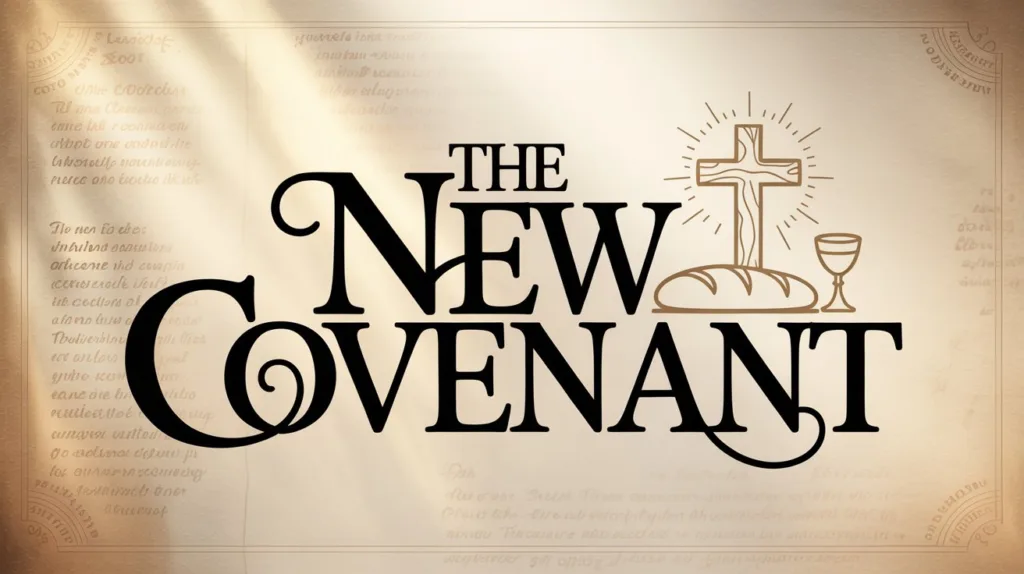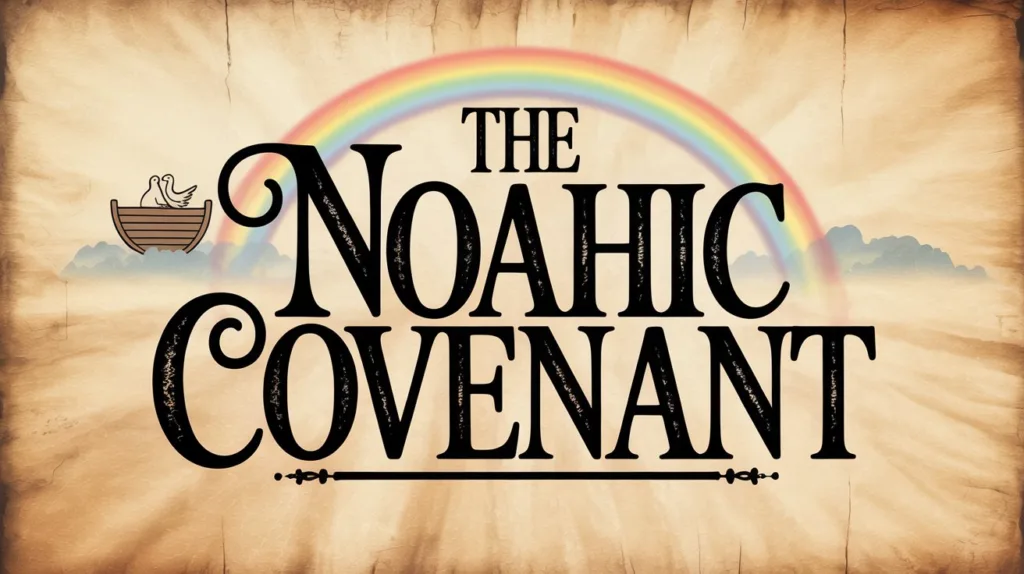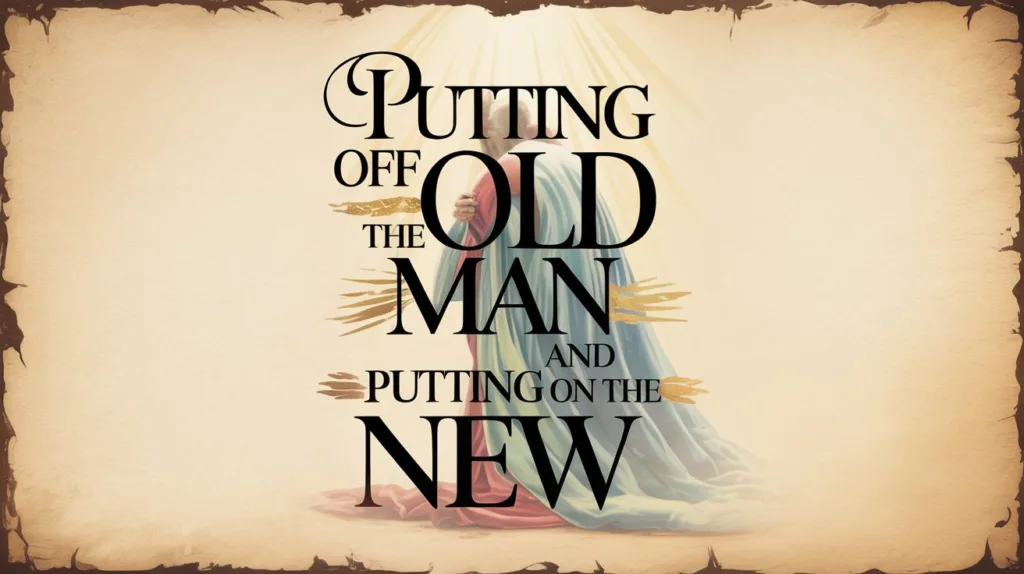The New Covenant: Grace Sealed in the Blood of Christ
The New Covenant is the climax of God’s redemptive plan. All previous covenants, the Noahic, Abrahamic, Mosaic, and Davidic. They all point forward to this covenant, which is established through Jesus Christ and sealed in His blood. This is the covenant of grace in...










